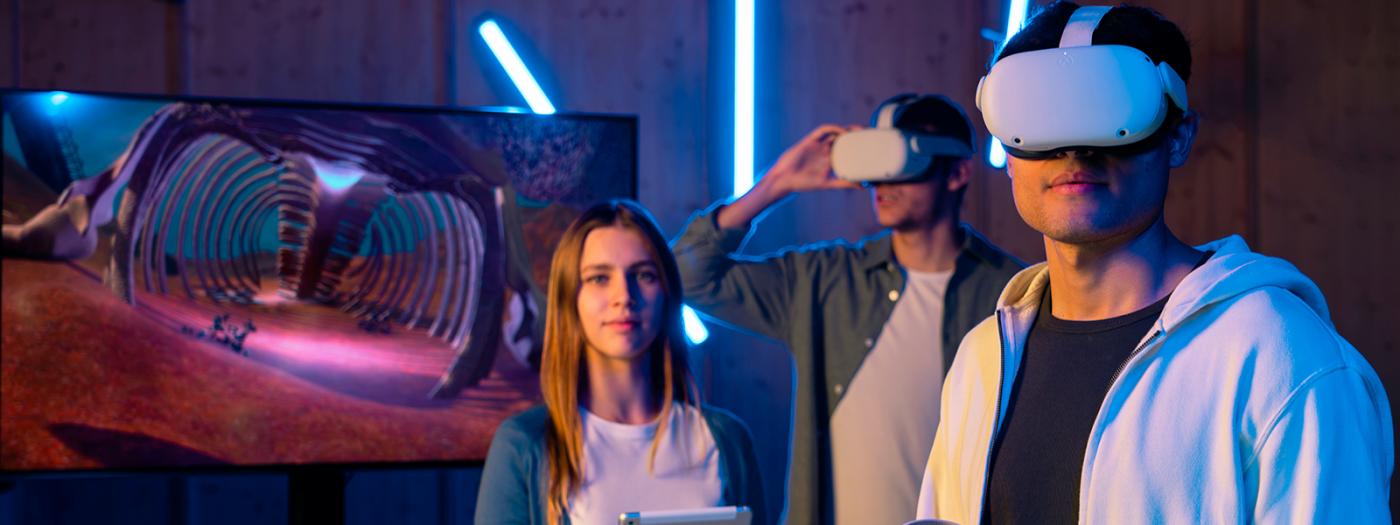Electronics, from the most classical side of physics, studies the motion of electrons through circuits. From its beginnings we can consider it as one of the pillars of the revolution in which most of the technological advances of the last years are immersed. Since the invention of the transistor and with the techniques of integrating components within integrated circuits, it has made electronics tend towards circuits with a "programmed logic" aspect, where before it was a "wired logic".
This course aims to give an overview of what are the current trends, starting with the study of the basic principles and circuits, discrete components, and how they allow us to interact between microcontrollers and different types of interfaces, sensors and actuators. .
We want to give the student a vision of the most practical possible, which will allow him to design and assemble a series of circuits, based on the platform "Mega 2560 Project", which will allow him to achieve theoretical knowledge as well as see all the potential that microcontrollers have in current electronics.
Titular Professors
None
The student will learn to analyze electronic circuits formed by discrete elements, as well as to understand their operation and to calculate parts of the circuits used to interact between a programmed electronics and the different types of sensors and actuators. In addition, the course will use the STEM methodology (Science, Technology, Engineering and Mathematics) in order to improve the technological skills of students.
In terms of learning outcomes, these are:
- Assemble different electronic components such as motors, batteries or power supply.
- Be able to recognize different electronic components and how to assemble them together
- Test a product in order to have a remarkable final quality.
Content descriptors:
- Analysis of direct current circuits
- Introduction to electrical physics
- Alternating current
- Assembly of electronic components
- Practical application: processing control plates, sensors and inputs / outputs
The detailed agenda is:
- Analog Electronics:
- Introduction to analog electronics.
- Basic electronic components.
- Introduction to direct current (DC).
- Ohm's law.
- Kirchhoff's laws.
- Power supply circuits
- Sources
- Batteries
- Photovoltaic panels
- Electronic sensors.
- Digital to Analog Converter (ADC)
- Actuators
- Drivers for motors and relays (Activators (TRT), H circuits)
- Continuous motors and relays
- Stepper motors
- Digital Electronics:
- Introduction to digital electronics.
- Numerical representation systems.
- Numerical representation codes.
- Boolean algebra.
- Canonical forms of representation.
- Tables of truth.
- Maps of Karnaugh.
- Logic gates.
- Combinational Systems
- Electronic applications: Electronic alarm controlled by "Keyboard Matrix" and "RFID Technology".
The subject bases learning on the following teaching methodologies:
- Theoretical classes
- Problem classes and exercises
- Laboratory practices
In order to be able to evaluate each of the competencies, 3 different evaluation systems have been specified that allow them to be assigned to each of the competencies, as appropriate:
Exams - 50%
Exercises, problems and practices - 40%
Portfolios - 5%
Exams Note - (100% Final Exam or 50% Final Exam, 30% Continuous Assessment, 20% Checkpoint)
Note Exercises, problems and practices - (70% Internships, 30% Interviews)
hackster.io https://www.hackster.io/arduino/projects
Instructables http://www.instructables.com/id/Arduino-Projects/
Sparkfun tutorials https://learn.sparkfun.com/tutorials/sik-experiment-guide-for-arduino---...
Arduino. (2012) The Arduino Projects Book.
Elegoo Mega 2560 The most Complete Starter kit https://www.elegoo.com/download/
Tutorials de la pàgina web de Arduino: http://www.arduino.org/learning/tutorials
